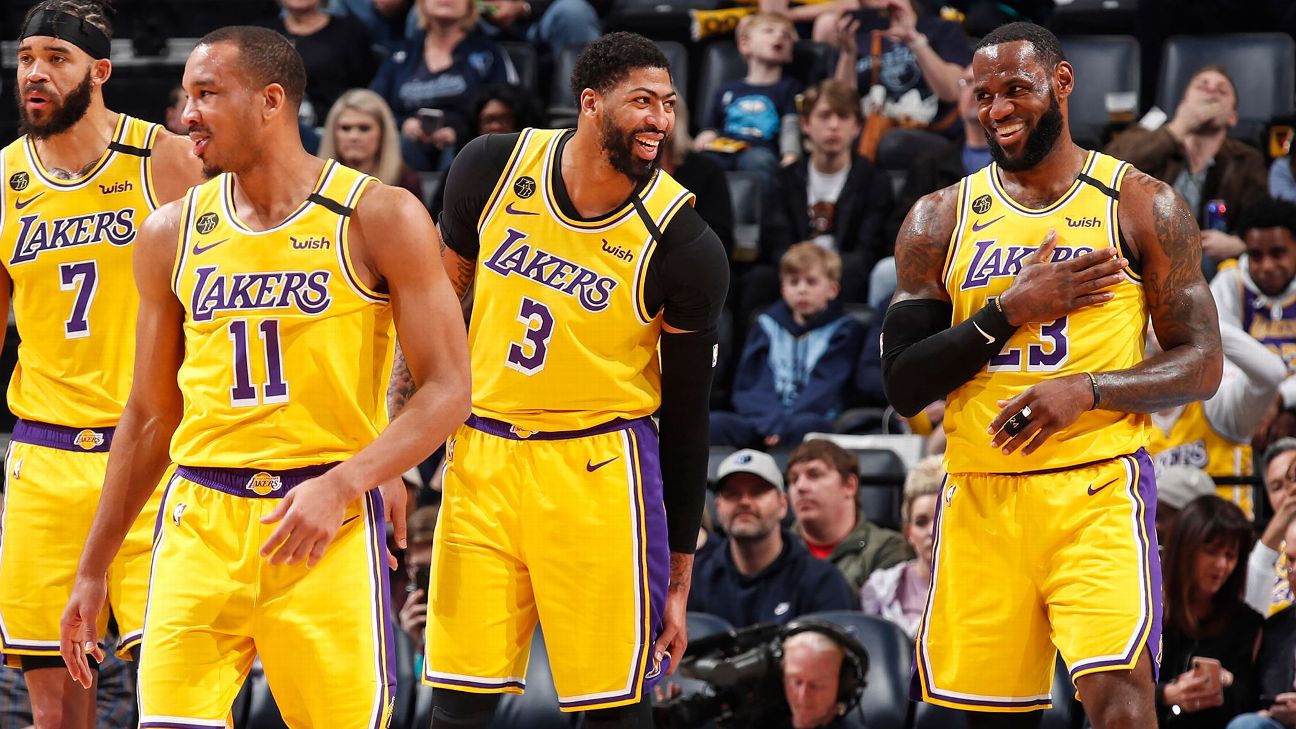Sarver received a one-year suspension and a $10 million fine, but he was allowed to keep ownership of the Suns and Mercury.
/cdn.vox-cdn.com/uploads/chorus_image/image/65917318/1194196815.jpg.0.jpg)
On Wednesday, Los Angeles Lakers star LeBron James weighed in on the Robert Sarver situation, taking to Twitter to issue a brief statement in which he expressed his displeasure with how the league handled the situation.
The NBA concluded its nearly year-long investigation into Phoenix Suns and Phoenix Mercury owner Robert Sarver earlier this week, finding that he used the N-word at least five times, engaged in inequitable behaviour toward female employees, and treated employees demeaningly and harshly.
Despite confirming such heinous behavior, the investigation concluded that Sarver’s actions were not “motivated by racial or gender-based animus,” and the league had no plans to remove Sarver as owner. Instead, he received a one-year suspension and a $10 million fine.
During a press conference on Wednesday, NBA commissioner Adam Silver explained why Sarver was not forced to sell his team in 2014, as former Los Angeles Clippers owner Donald Sterling was. Silver mentioned, among other things, the lack of any audio or visual evidence against Sarver, the different context for his actions, and the positive support Sarver received from many people interviewed.

It’s also worth noting that Silver lacks the authority to remove Sarver or any other owner from the league on his own. In 2014, he began a legal process to force Sterling to sell the team, but this required the support of three-fourths of the other owners. The league decided not to go that route this time, and it’s unclear whether other owners’ votes would have been present in this scenario.
LeBron is the first star to speak out against the league’s decision, and others are likely to follow in his footsteps. However, it remains to be seen what impact, if any, such statements will have.
In such situations, the players clearly have power. During the Sterling saga, the Los Angeles Clippers and Golden State Warriors nearly boycotted a playoff game before settling on a silent protest of warming up without any club-branded gear. Furthermore, the NBPA demanded an immediate harsh punishment, and players across the league expressed strong, direct outrage at his actions.
Such strong reactions from the players contributed to Sterling’s removal from the league, but they came before the league made a decision, not after. Furthermore, because the Sarver punishment was handed down during the offseason, the players do not have an immediate option to stop a game or hold a protest.

If LeBron and his teammates are willing to begin disrupting the actual on-court product, they may be able to force the league and owners to consider removing Sarver. Aside from that level of action, it appears that such statements are unlikely to sway the league’s decision.

